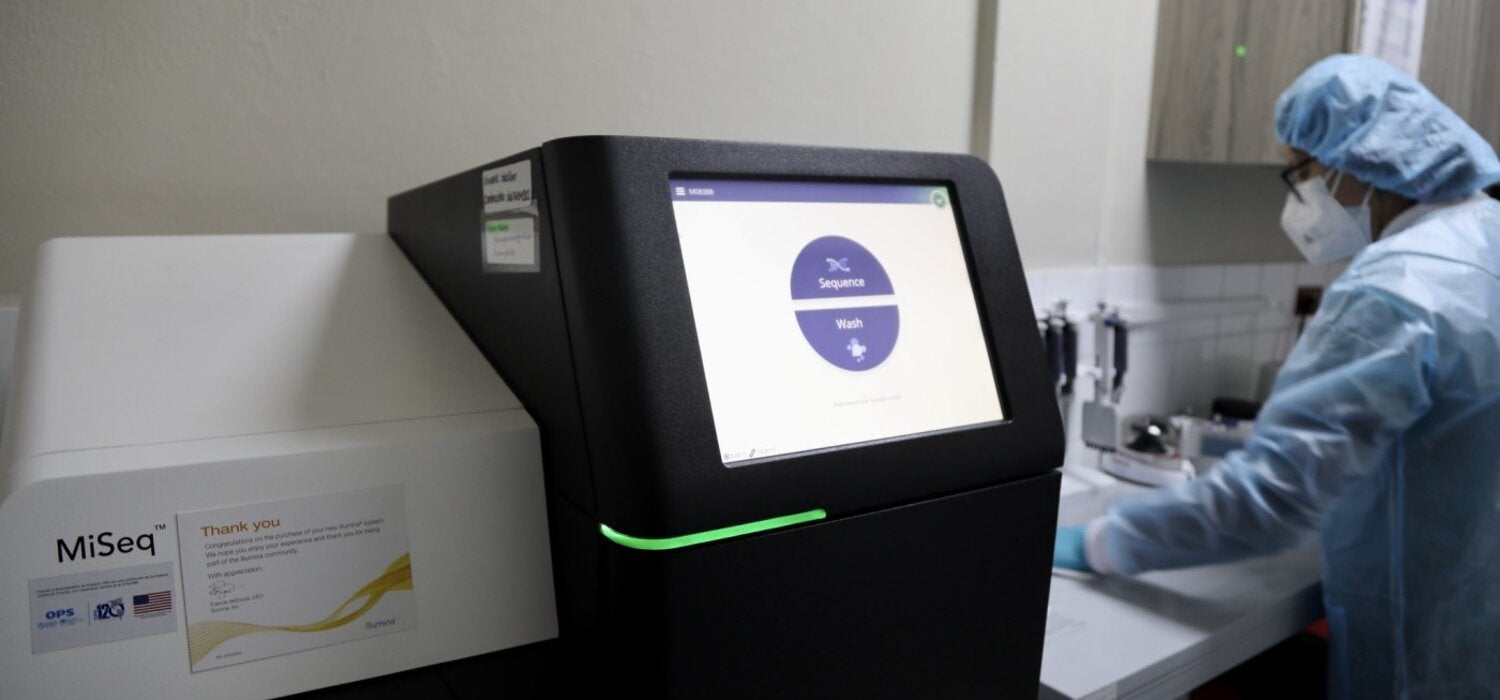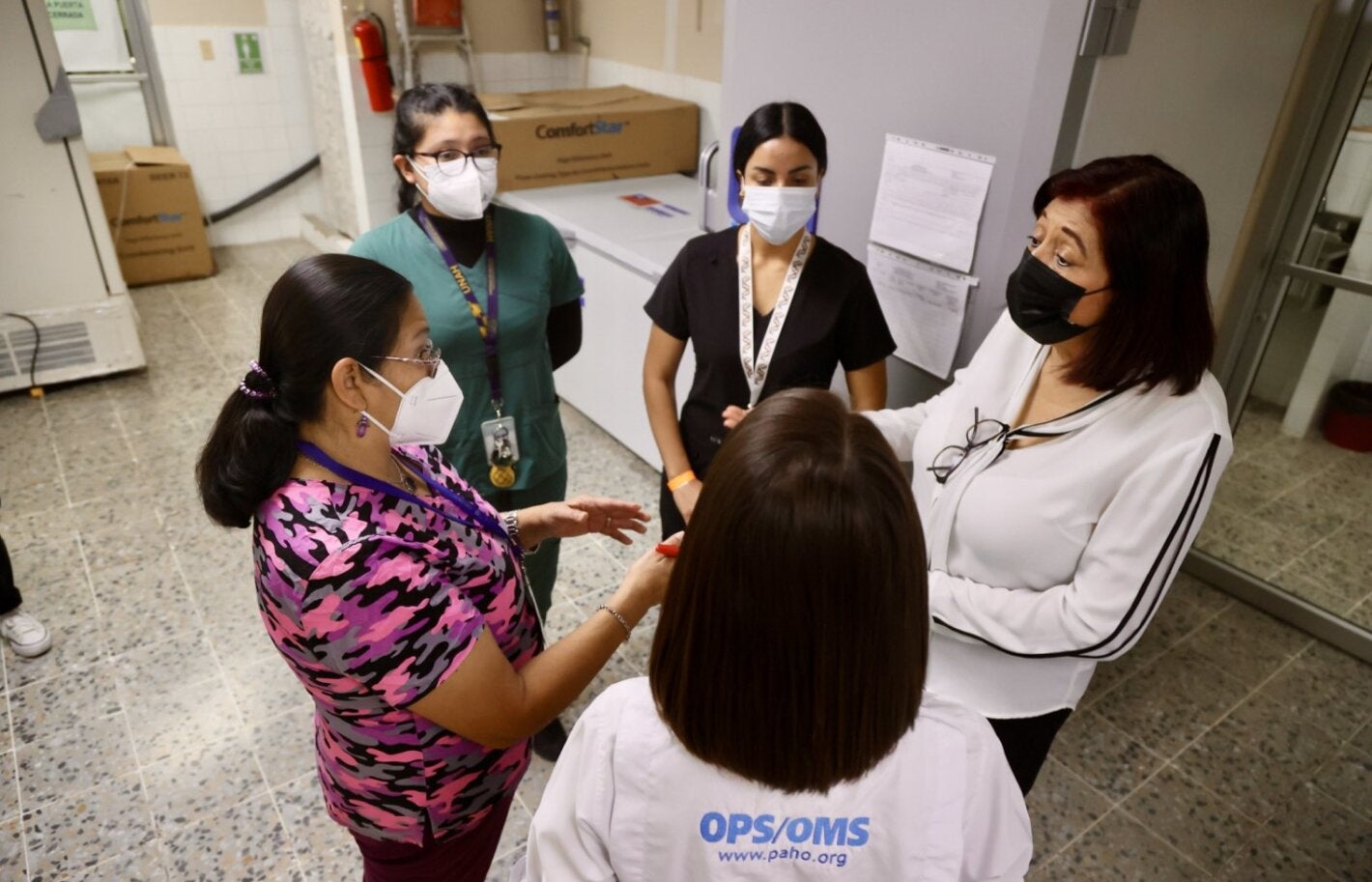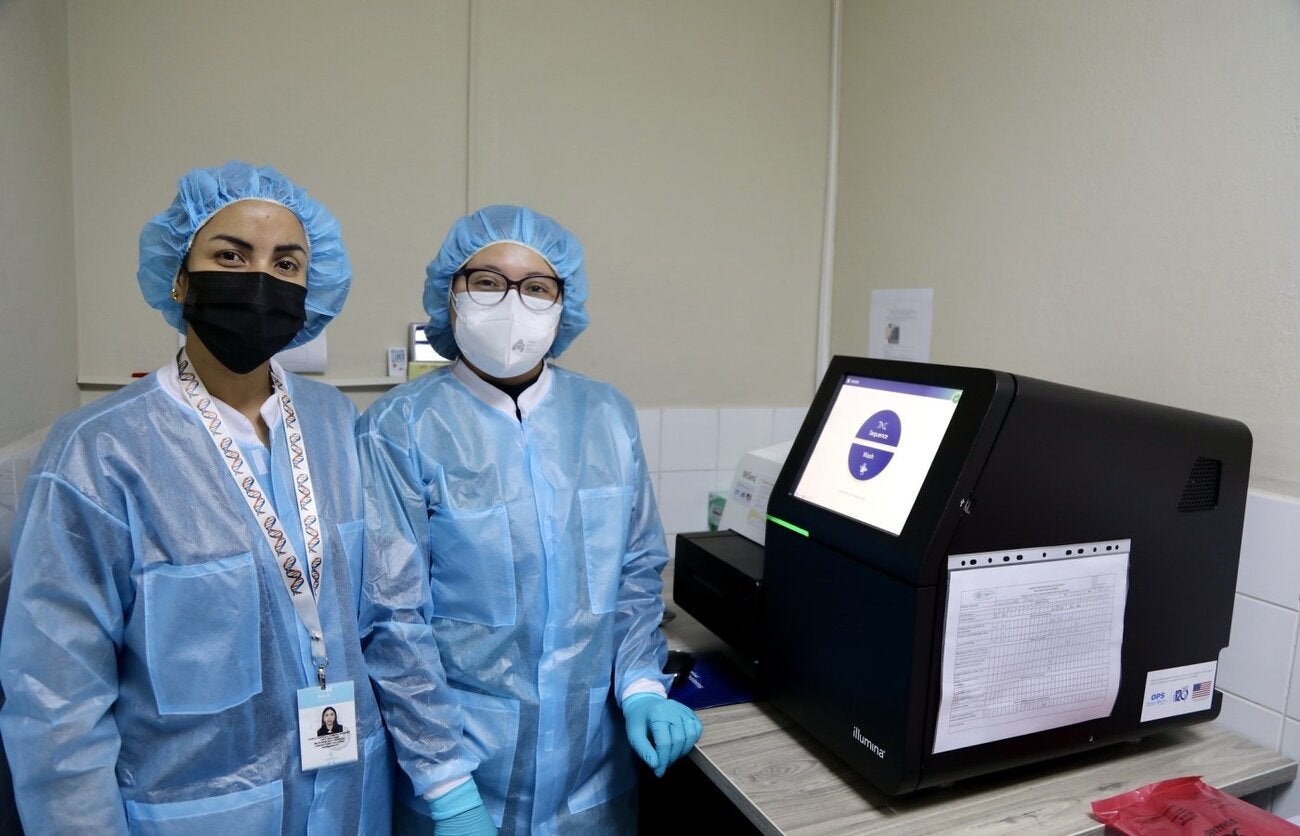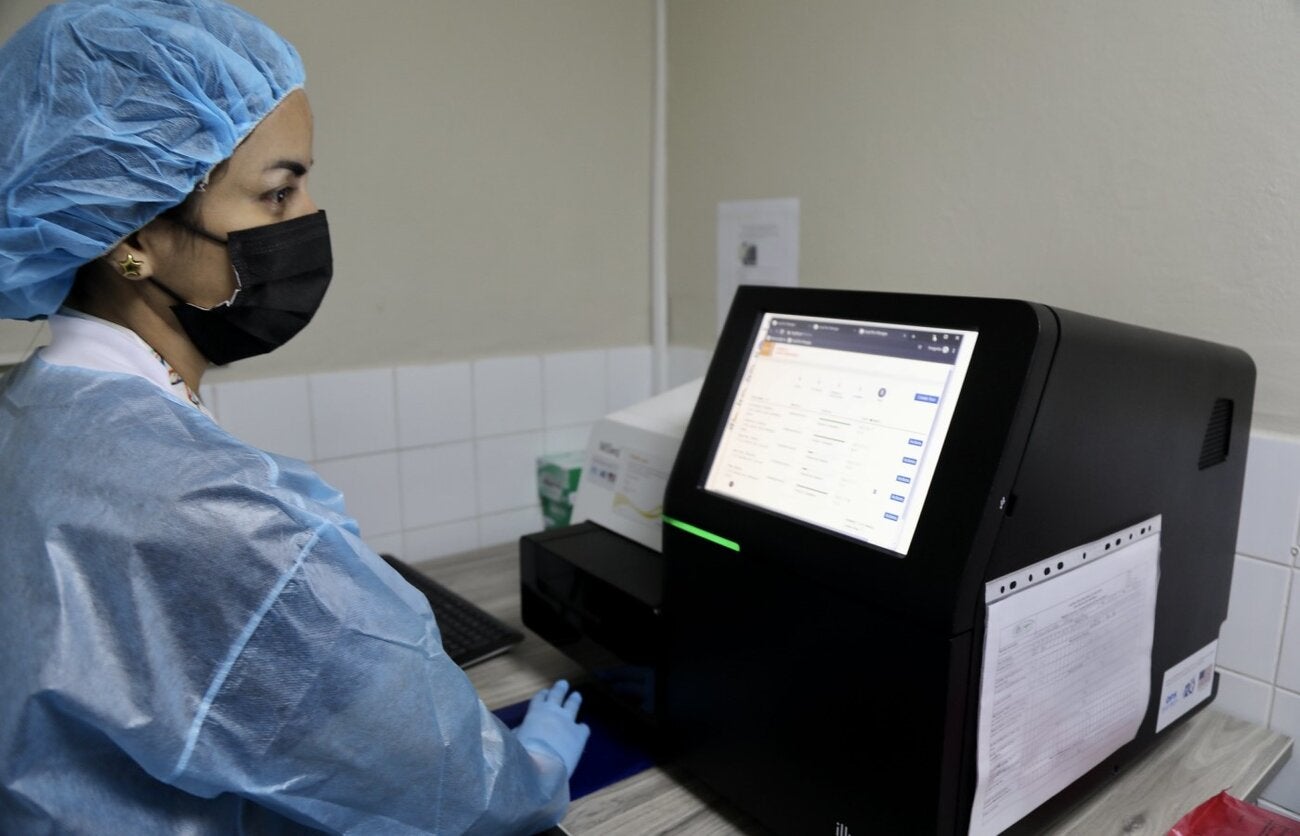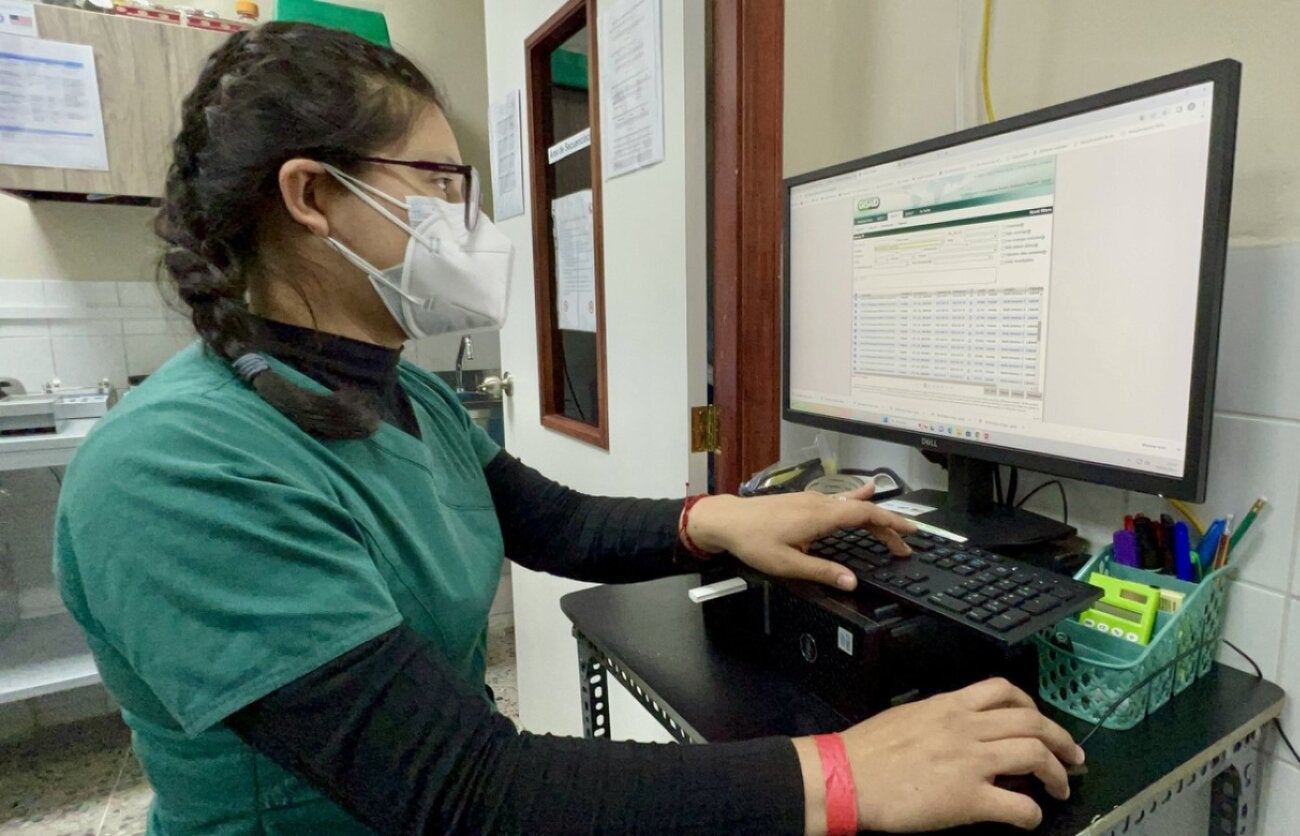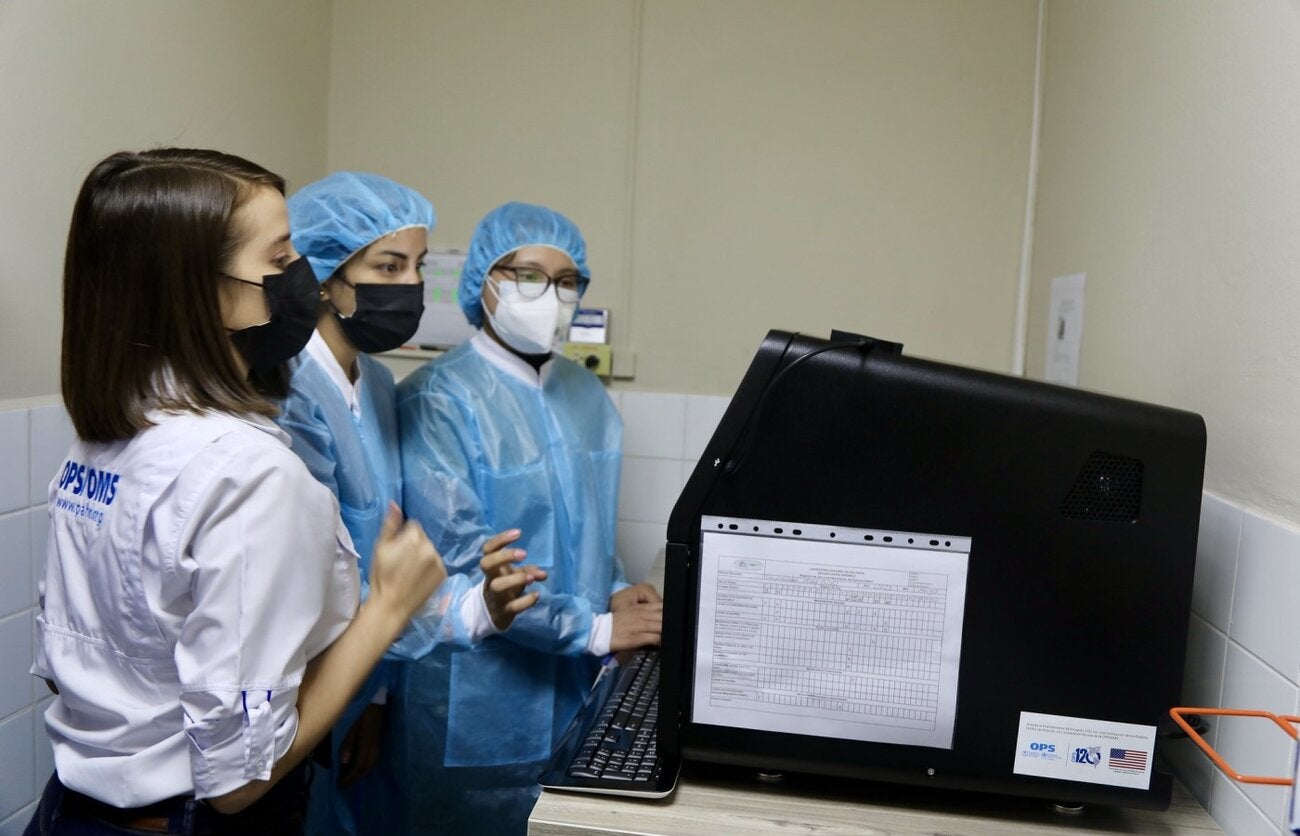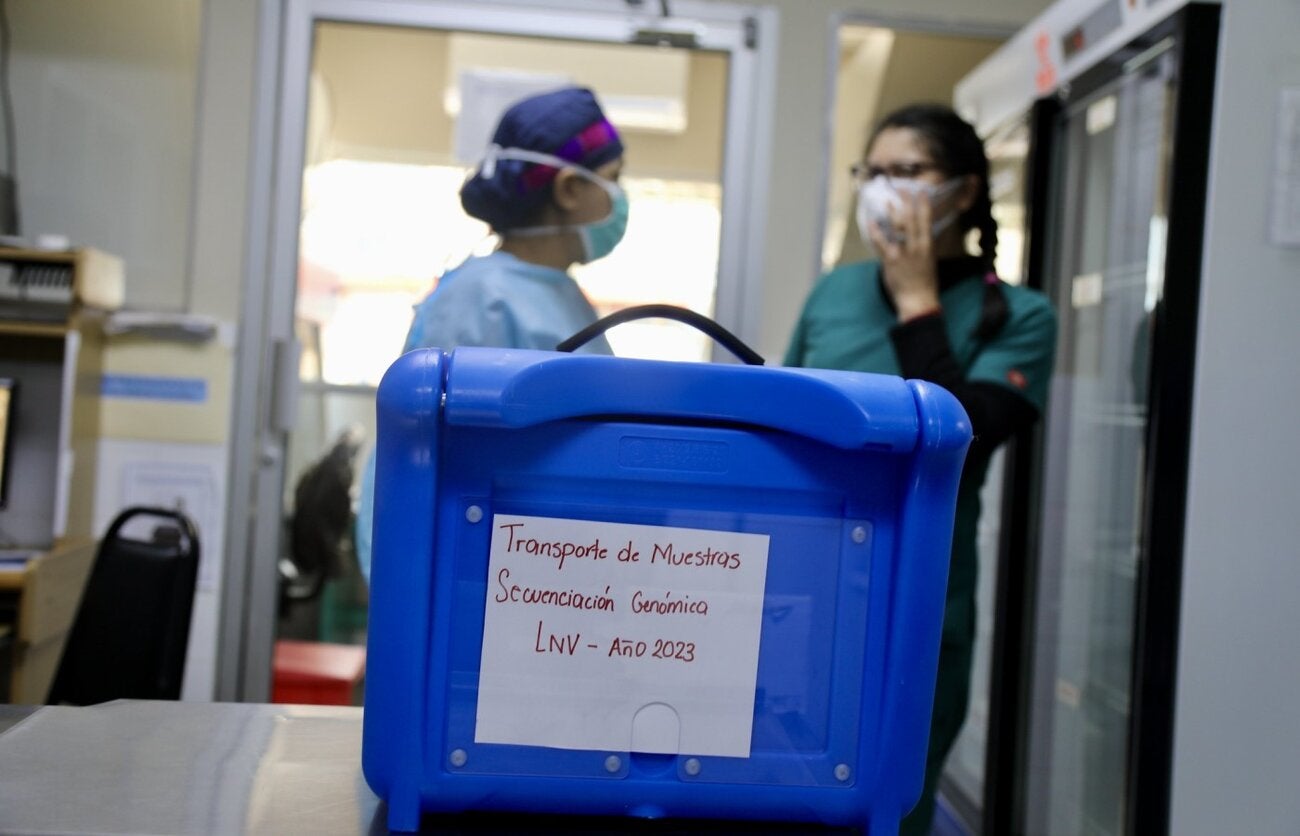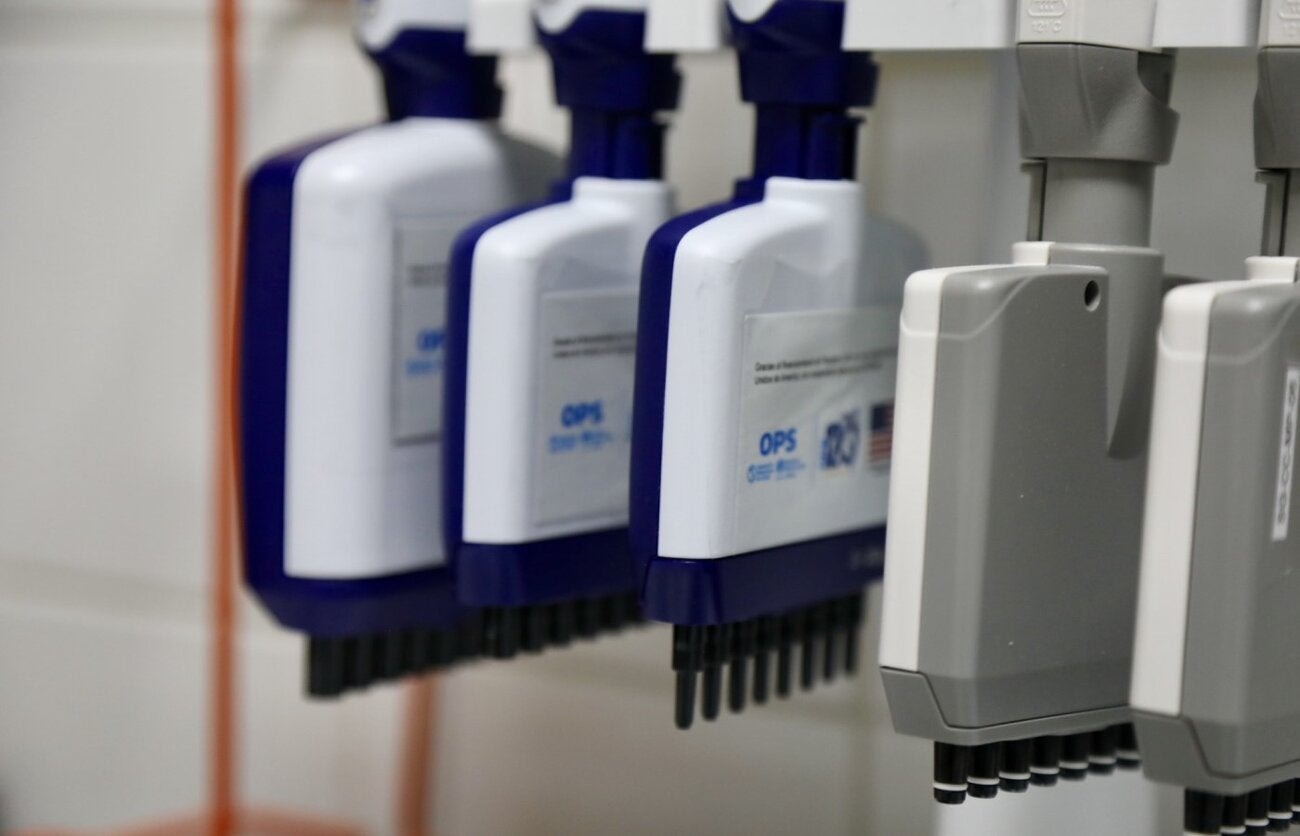Microbiologist Soany Avilez was delighted when she was selected to implement genomic sequencing of the SARS-CoV-2 (the virus that causes COVID-19) in Honduras. In the wake of the pandemic, in 2020, she began working at the National Virology Laboratory performing PCR tests for COVID-19 diagnosis. At that time, genomic sequencing to detect variants of the virus was only being performed outside the country. However, a project to provide Honduras and other countries in the region with the capabilities to sequence in situ and obtain quicker results was underway with technical support from the Pan American Health Organization (PAHO) and financial support from the U.S. Government.
July 2023

